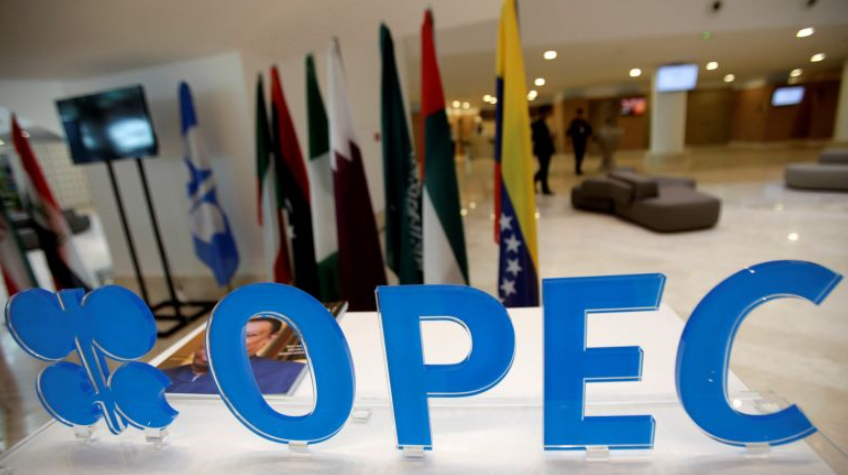Ignore the noise, focus on the oil output details

It doesn't matter if Iran and Venezuela chooses to veto any oil output increase in the current OPEC+ agreement. It doesn't matter if there is no joint communique on Friday from OPEC. What matters is whether or not there will be an increase in oil output at the end of the day.
Right now, Iran has put their foot down and said that they won't endorse any oil output increase by not even showing up for tomorrow's meeting.
Meanwhile, Oman's oil minister says that there is a good chance of a consensus being formed for Friday's OPEC meeting instead. Iraq's oil minister on the other hand is arguing that the oil market has not yet reached stabilisation (meaning that there shouldn't be any increase in oil output). And then we also heard from Nigeria's oil minister saying "all options are on the table" with regards to easing of the current oil output cuts.
For some background, any agreement to change the current OPEC+ one needs a unanimous decision - and that includes the likes of Iran, Venezuela, and Iraq. Should either veto the decision, it will be revoked and there will be no follow through.
It's not the first time that this has happened though. Back in 2011, we saw a similar standoff between the same countries in question now. Saudi Arabia vs Iran, Venezuela.
Back then, Saudi Arabia decided to set its own policy after the OPEC meeting failed to reach a consensus but eventually six months later Iran and Venezuela caved and a new agreement was signed in the Saudis' favour.
This time around, we're likely to see the same thing given the rhetoric that is developing over the last few days. But the only difference is that Saudi Arabia will act together with Russia instead.



